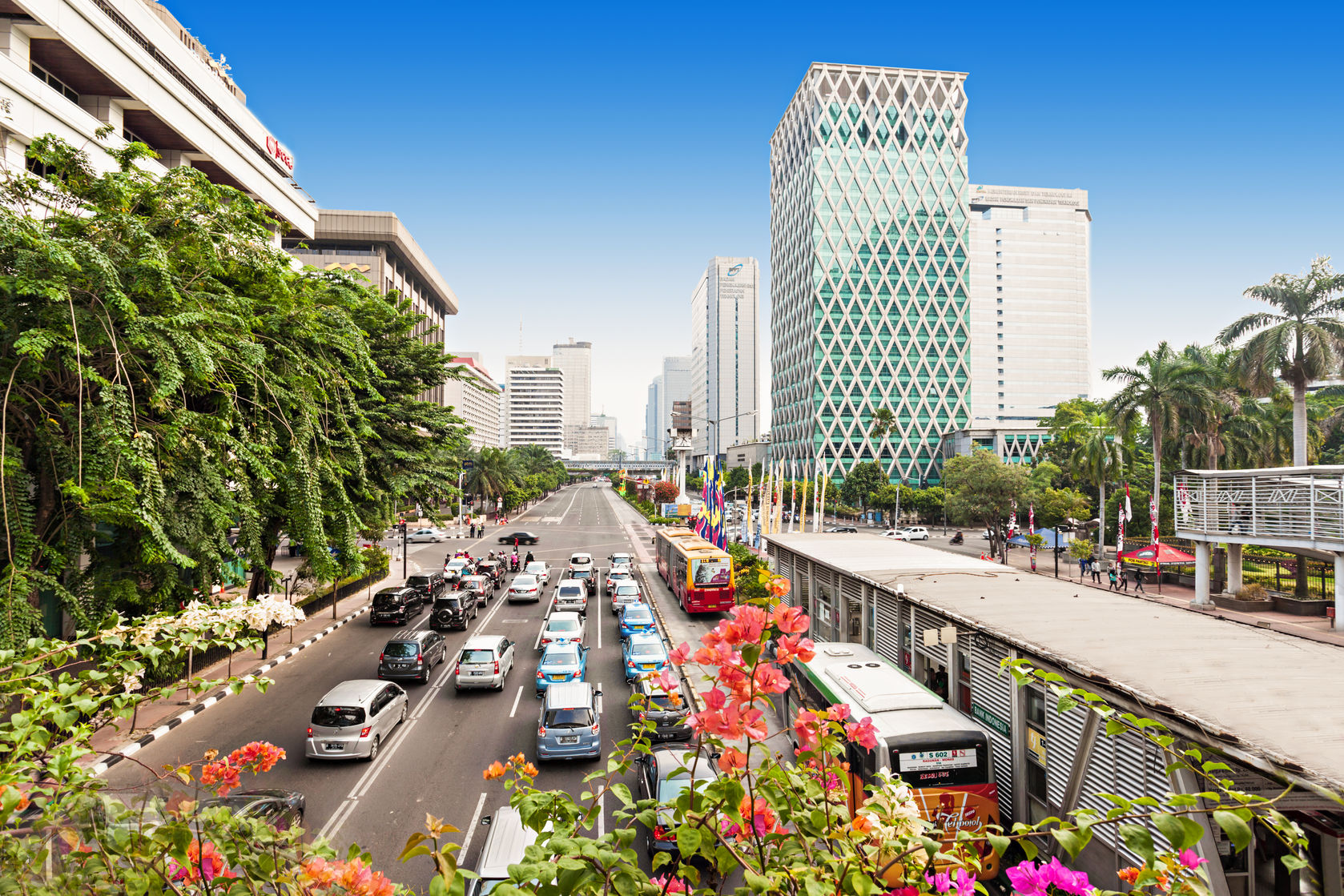2 April, 2018
Indonesia has recently issued a new Presidential Regulation No.13 of 2018 (issued on March 5, 2018) ("PR 13") that requires Indonesian companies to:
- a Determine who its beneficial owners are; and
- b Report such information to the authorised agencies (which should include the Ministry of Law & Human Rights ("MOLHR"), and possibly also the Investment Coordination Board ("BKPM") in respect of companies in which foreign investment is permitted).
This could potentially affect foreign investors in Indonesia who have invested in restricted sectors through shareholding structures where their legal ownership of Indonesian shares are within permitted limits, but their beneficial ownership of Indonesian shares may exceed such limits.
Nominee shareholder arrangements
Indonesia’s civil law legal system has traditionally recognised only legal owners of a company's shares and not beneficial owners who may effectively control voting or economic rights in such shares (even though they are not the legal owners).
This has enabled foreign investors in Indonesia, in sectors where foreign share ownership is restricted, to structure shareholding arrangements with Indonesian individuals or entities to effectively control shares in Indonesian companies in excess of what is permitted to be owned by foreign investors.
Such structures often consist of a loan by a foreign investor to Indonesian shareholders to finance the acquisition of shares, coupled with a pledge of such shares to the lender, an option to enable the lender to acquire such shares, and powers of attorney to enable the lender to vote and transfer such shares in certain circumstances.
Conservative professional advisors have long warned foreign investors of the inherent risks in such structures (as they may be held to be in violation of Indonesia’s restrictions on nominee arrangements). However many foreign investors have put in place such structures relying on the fact that their legal ownership of shares is within permissible limits (and disregarding shares beneficially owned by them when calculating foreign ownership).
PR 13 does not refer to nominee arrangements and states that it aims to prevent corruption, money laundering tax avoidance and the funding of terrorism. However, once BKPM and MOLHR become aware of the full extent of the beneficial ownership of shares by a foreign investor in an Indonesian company in a sector with foreign ownership restrictions, such shareholder structures will likely become more vulnerable to challenge.
Timeline for reports
Existing companies and companies in the process of being established have until March 5, 2019 in order to comply with PR 13.
Thereafter, companies are required to submit details of changes in beneficial ownership no later than 3 business days after any changes, and re-submit such beneficial ownership information on an annual basis.
Beneficial ownership
The beneficial owner of a company is defined to mean a person who:
- a Holds more than 25% of the issued shares or voting rights, or is entitled to receive more than 25% of the profits or has the authority to appoint, replace or dismiss members of the board of directors or board of commissioners (it is unclear whether this requires the person to have the authority to appoint, replace or dismiss a majority of the members of the board of directors or board of commissioners, or simply one member of such bodies); or
- b Has the authority to influence and control the company without limitation or authorization from any other person, is the beneficiary of the company’s profits or is the “actual” owner of the company’s capital and shares (without at the same time satisfying any of the requirements in (a) above)
The criteria in (b) above appears to be intended to include as beneficial owners, those who are not direct holders of shares, voting rights or dividend rights, but who nevertheless exercise control or have other rights in respect of such shares.
The language used in the definition is however very broad and not very clear. Therefore lenders, security holders and minority investors, who may not traditionally be regarded as beneficial owners of a company, risk being included in this definition.
Access to beneficial ownership information
PR 13 provides that any person may request information regarding a company’s beneficial ownership from the relevant authorised agency. It is unclear if access to such information is intended to be restricted in practice and further information is awaited from the Indonesian government.
The authorised agencies (such as MOLHR) also have the power to carry out an audit to determine a company’s beneficial owners. However, it remains to be seen if the authorised agencies will have the resources or interest in pursuing such audits in cases other than those involving serous allegations of corruption, money laundering, tax avoidance or the financing of terrorism.
Consequences of failure to submit required information
A company that fails to fulfil its reporting obligations under PR 13 will be subject to sanctions. It is however currently unclear what these sanctions will be, and further information is awaited from the Indonesian government.
Suggested steps
We recommend that investors assess their current shareholding arrangements and potential beneficial ownership interests in respect of Indonesian companies in order to determine how these may be restructured (if required) and disclosed pursuant to PR 13. We also recommend keeping a close watch on further regulatory developments in this area.
George Cyriac, Partner, Stephenson Harwood
george.cyriac@shlegal.com

.jpg)




